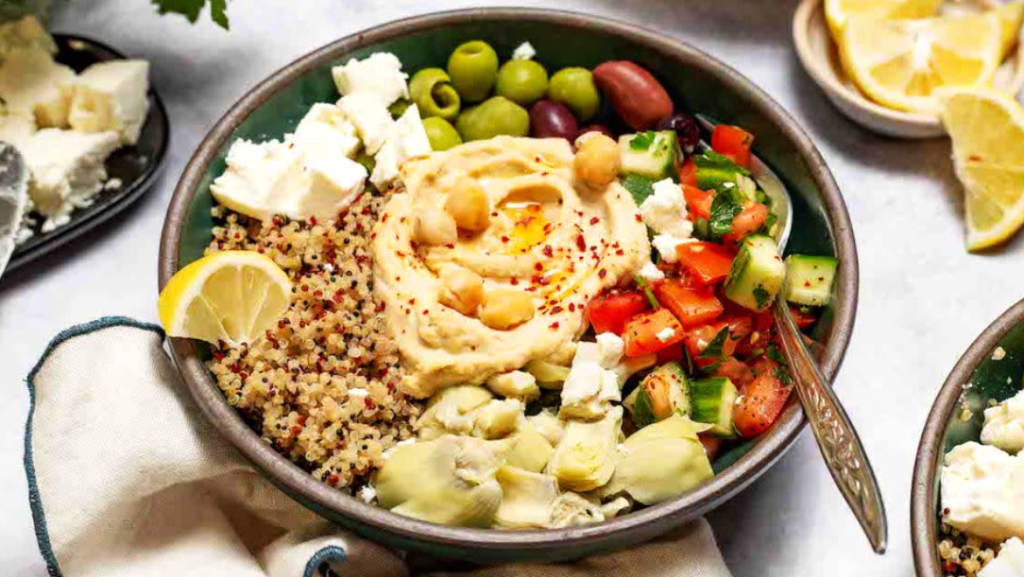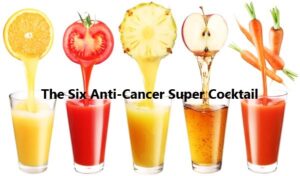
Top-rated diet lowers cancer risk in a surprising way, new study finds
Diet That Lowers Cancer Risk: How Your Plate Can Help Protect You
A growing body of scientific research confirms what many health experts have long suspected: your diet can significantly influence your risk of developing cancer.
While no single food can guarantee immunity, a balanced, nutritious diet can play a crucial role in reducing the likelihood of several types of cancer.
The Link Between Diet and Cancer
Cancer is a complex group of diseases with many possible causes, including genetic factors, environmental exposures, and lifestyle choices. Among these, diet stands out as one of the most modifiable risk factors.
Studies suggest that up to 30-40% of all cancers may be prevented by lifestyle and dietary measures alone. Certain foods contain compounds that help protect cells from damage, reduce inflammation, and support a healthy immune system — all factors that contribute to lowering cancer risk.
Foods That Fight Cancer
Here are some dietary components consistently associated with a reduced risk of cancer:
- Fruits and Vegetables
Rich in vitamins, minerals, antioxidants, and fiber, fruits and vegetables are the cornerstone of a cancer-preventive diet. Cruciferous vegetables like broccoli, cauliflower, and kale contain sulforaphane, a compound with potent anti-cancer properties.
- Whole Grains and Fiber
Whole grains such as brown rice, oats, and quinoa are high in fiber, which supports healthy digestion and may help prevent colorectal cancer. Fiber also helps regulate blood sugar and hormone levels, reducing the risk of hormone-related cancers like breast and prostate cancer.
- Legumes and Beans
Legumes, including beans, lentils, and peas, are packed with protein, fiber, and phytochemicals that can slow cancer cell growth and repair DNA damage.
- Healthy Fats
Omega-3 fatty acids found in fatty fish like salmon and flaxseeds have anti-inflammatory effects and may help reduce the risk of certain cancers. Olive oil, a staple of the Mediterranean diet, is also linked with a lower cancer risk.
- Green Tea
Known for its high concentration of catechins — antioxidants that may protect cells from DNA damage — green tea has been studied for its potential to lower risk of prostate, breast, and colorectal cancers.
Foods and Habits to Limit
Equally important as what to include in your diet is what to limit. Research has linked the following to increased cancer risk:
Processed and red meats – High consumption is associated with colorectal and stomach cancers.
Alcohol – Even moderate drinking can increase the risk of several cancers, including breast and liver.
Sugary drinks and highly processed foods – Often high in calories and low in nutrients, these contribute to obesity, which is a risk factor for many cancers.
Excess salt – Associated with stomach cancer, especially in high-sodium diets common in processed and fast foods.
The Power of Prevention
Adopting a cancer-preventive diet doesn’t require a complete overhaul overnight. Small, sustainable changes — like adding an extra serving of vegetables each day or swapping processed snacks for whole foods — can make a meaningful impact over time.
Incorporating regular physical activity, maintaining a healthy weight, avoiding tobacco, and moderating alcohol consumption further enhances the protective benefits of a healthy diet.
Conclusion:
While there’s no guaranteed way to prevent cancer, a well-rounded, nutrient-rich diet is one of the most effective tools we have to reduce our risk. Choosing whole, plant-based foods and minimizing processed items empowers us to take control of our health — one bite at a time.



